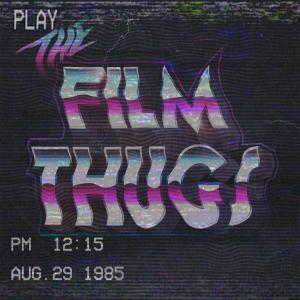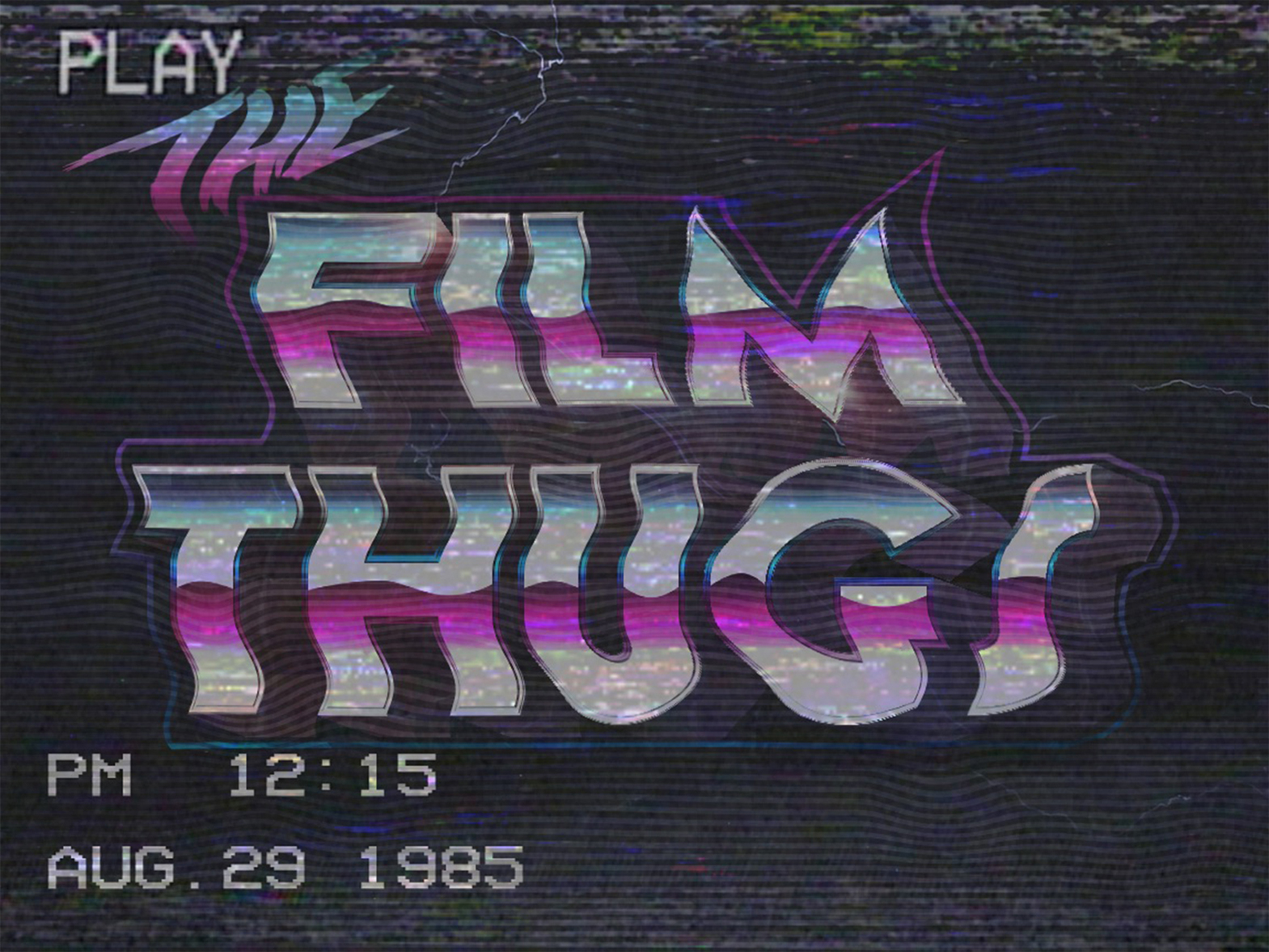Episodes

Monday Nov 29, -0001
Fast Food Nation
Monday Nov 29, -0001
Monday Nov 29, -0001
This might surprise you, but books and movies are different. Shocking, I know, but it’s true. I don’t just mean that they are made out of different stuff, but on a fundamental level they are different animals. I will go more into this from a structural and narrative side at a later date. Right now I am focusing on a strictly functional angle. There are things you can do in a book that you simply cannot do in a movie. Watch “Adaptation,” Spike Jonez and Charlie Kaufman’s absolutely brilliant and hysterical take on adapting an un-adaptable book into film. It is a brilliantly self-aware deconstruction of story and writers block and poetics and all kinds of nerdy stuff. But it retained a sense of humor and tackled the issues inherent with adapting a book that is mostly about esoteric themes into a narrative. On the other side of that coin you have “Fast Food Nation,” Richard Linklater’s adaptation of Eric Schlosser’s dissection of America’s fast food culture. The book is about everything from the evolution of fast food to the marketing of fast food (especially to children) to the use of illegal immigrant labor to unhealthy meatpacking practices. This book casts a wide net, as books are wont to do because, quite simply, they can. The thing is, this is a movie, not a book. What works in one doesn’t really work in another. Had this been a documentary or a film essay (a less abrasive word for propaganda film) those issues could be tackled in a reasonable way. But it’s not. It’s a narrative film. Which brings up a fairly big problem. Namely, what is this movie about? Well, it is about fast food, but not really. In reality it’s about, Fast Food Corporate Greed Exploitation of Illegal Immigrants Unsafe conditions in meatpacking facilities Globalization The Homogenization of American culture Conflicts between ethics and employment Mainstreamed activism If that seems like a lot to tackle in a 116-minute movie, it’s because it is. We start with an executive for a fast food company being informed of fecal contamination of his company’s meat. He goes to the plant to investigate the claims. We then follow a group of illegal immigrants crossing the border and looking for work, ending up at the plant in question. We also meet a young woman who works for one of the executive’s fast food outlets. That is about where the connections end. From here it becomes more of an essay that divides the issues among the storylines. Exec: Greed, Fast Food, Globalization, Ethics and employment Immigrants: Exploitation, unsafe conditions Young Woman: Ethics and Employment, Mainstreamed Activism, Homogenization of culture, globalization. The whole thing comes off as a high-minded mess. There is a scene where the young woman from the fast food restaurant meets up with agroup of college activists who are determined to make a difference by breaking into the meat packing plant’s cattle pens and set the cattle free. Except that cows aren’t so much “free running” animals as they are “grazing” animals. As long as there is grass under hoof and no compelling reason to move, they will stand still. For some reason that scene basically was the movie for me. It was about high mindedness running headlong into practicality. Am I a fan of fast food? Not at all. I disagree with the practices as well as the product. But, we live in a time where people are busy (or lazy) and broke. They want food. They want it cheap and they want it now. How can you fight that? If we shut down every MacDonald’s, Wendy’s, Carl’s Jr, Arby’s, and every other fast food place tomorrow it would be a matter of a rather short period of time before they were replaced. People want stuff cheap and fast. That’s all there is to it. Sadly, that even means they are willing to risk questionable food in order to get it. In order to really tackle the issues at play here you have to go deeper into what is happening with society as a whole. We have wealthy people who criticize the type of exploitation they see in this film, yet will still have a landscaping crew of illegal laborers because it saves them money. Yeah, it’s bad, but what is it in our society that makes it ok? A.O. Scott of the New York Times said, “"while it does not shy away from making arguments and advancing a clear point of view, is far too rich and complicated to be understood as a simple, high-minded polemic. It is didactic, yes, but it's also dialectical.” Those two sentences say more than I ever could about this film. It is a bit pretentious and unclear in delivery and in the end leaves you wondering what the hell the author is trying to say.

